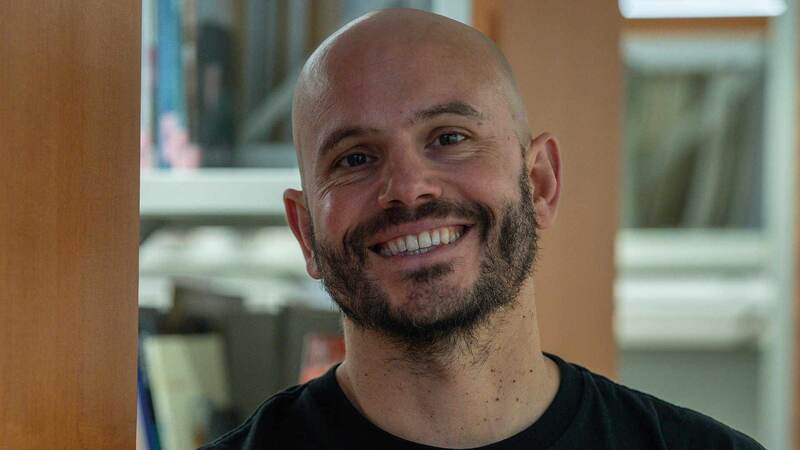You are viewing your 1 free article this month. Login to read more articles.
British music writer Mark Fisher dies aged 48
British music writer and political theorist Mark Fisher, also known as K-Punk, has died, aged 48.
His publisher Repeater Books confirmed his death on Saturday (14th January) via Twitter. Fisher was the author of Capitalist Realism: Is There No Alternative? (Repeater), a left-leaning title arguing "capitalist realism colours all areas of contemporary experience" while "capitalism in fact is anything but realistic", published in 2009. The book, his debut, earned him fans including Russell Brand, while he also edited and co-edited books on Michael Jackson and Postpunk.
Fisher's most recent book, The Weird And The Eerie, which published with Repeater two weeks ago, analysed great authors' work, including H G Wells, Daphne Du Maurier and Margaret Atwood, as well as films from Stanley Kubrick and Christoper Nolan, as examples of some the most haunting and anomalous fiction of the 20th century belonging to these two modes.
A spokesperson for Repeater Books said: “We are devastated at the loss of our editor, friend and inspiration, Mark Fisher (K-Punk). Mark's thought and writing was a driving force behind our publishing project, first at Zer0 Books, and now at Repeater, and it's been comforting over the last 24 hours to see how much his work meant to so many people. Our thoughts are with his family.”
Fisher authored the K-Punk blog, about mainstream and underground music, and contributed to FACT magazine, The WIRE and Sight & Sound, and was a lecturer in the Department of Visual Cultures at Goldsmiths.
Writer Simon Reynolds and a friend of Fisher, posted on Blissblog, said: "The exciting thing about Mark's writing - CCRU era, K-punk era, in magazines like FACT and The Wire, the books - was the feeling that he was on a journey: the ideas were going somewhere, a gigantic edifice of thought was in the process of construction. That Mark was thinking big, building a system, always aiming for the largest scale. And finally that this work, rigorous and deeply informed as it was, was not academic, in the sense of being done purely for its own sake: its urgency came from his faith that words really could change things. Reading Mark's writing made everything feel more meaningful, supercharged with significance. It was a rush. An addiction."
Reynolds added: "I shall miss all the writing that Mark would have done, the penetrating insights and surprising connections, always that sense of the big picture. The wit and the style too: his writing was always an entertainment as well as a challenge.
"But I shall miss Mark the person more. He was kind, generous, sweet, funny – these are not always things that go hand in hand with genius."


















